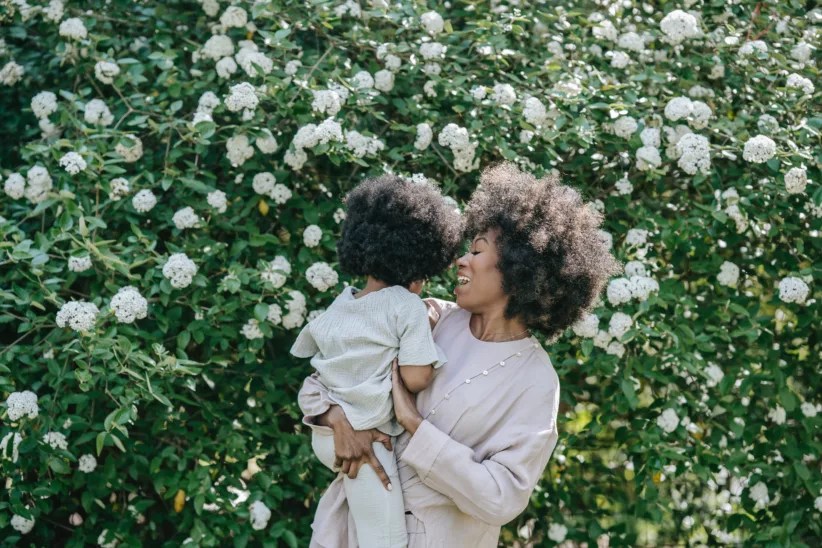Heading off to sleep-away camp can be a fearful time for both parent and child. In many instances, a child simply will not agree to go without the comfort of a friend or acquaintance.
It’s one of the most frequently asked questions I hear as a professional summer camp advisor. The answer is never absolute. Let me provide some food for thought to guide you through making the best decision for your child.
In a perfect world, camp directors would prefer that each new camper come to camp without a current buddy, thereby putting all new campers on a socially even playing field. Without the security of knowing a friend is by your child’s side, the general consensus is that he will be more open and available to forge new relationships. It also gives him leeway to re-invent his persona without question or judgment from someone who may perceive him differently based on their existing relationship. So much for the perfect world — now let’s move on to reality!
This is a time where a parent should listen to her gut instinct and proceed in the manner she feels is best for her child — not the child’s friend, or the other child’s parents. Take time to play out some of the scenarios that can occur.
Let me present a few:
Brittany and Nicole are good friends who go to school together and can’t imagine being separated for the summer. Their families went through the search process together and have mutually agreed on a camp for the girls. Summer arrives and both girls happily board the bus, feeling quite comfortable sitting next to one another. Once at camp and settled into their new summer environment, it is inevitable that one of the girls will make a new connection first. How will the other girl feel? Will one feel left out or abandoned if she hasn’t made a new friend yet? Will she feel like a tag-along in the wake of her friend’s excitement? Will she write a letter home reflective of her feelings? How might this impact your relationship with the other child’s mother?
Michael and Jared have been in day camp together since they were 3. The boys were reluctant to go to sleep-away camp, but the prospect of going away together provided enough security for each of the boys to agree. The families mutually select a camp for the boys and after months of shopping and packing, the camp buses will be leaving in a week. Jared has an unfortunate accident on the soccer field, breaks his foot, and has to stay home. Is Michael prepared to go without him?
Take the time to think these and other scenarios through. Discuss them with your spouse, your child, and the friend’s parents. If your gut still tells you that this is the best formula for success, then by all means, sign them up together.
Keep in mind that together does not always mean they have to be in the same bunk. Most camps will have more than one bunk of campers in a division, and may have more than one division within an age group. Requesting separate bunks or divisions can give each child a different core to his experience, yet still provide the comfort of having a friend nearby.
Sleep-away camp is a time to grow as an individual, gain independence, participate in new activities, and learn to be part of a community of peers. Your ultimate decision on what camp to choose for your child and whether or not he should go with a friend should consider maximizing the benefits of the total camp experience.
Laurie Roberts Karol is a professional camp consultant with The Camp Experts and Teen Summers, a free summer camp and teen program advisory service that guides families through the decision-making process and assists in planning summer camp visitations. For more information, visit www.campexperts.com or contact her at (718) 766–8005 or (516) 780–6464.





















